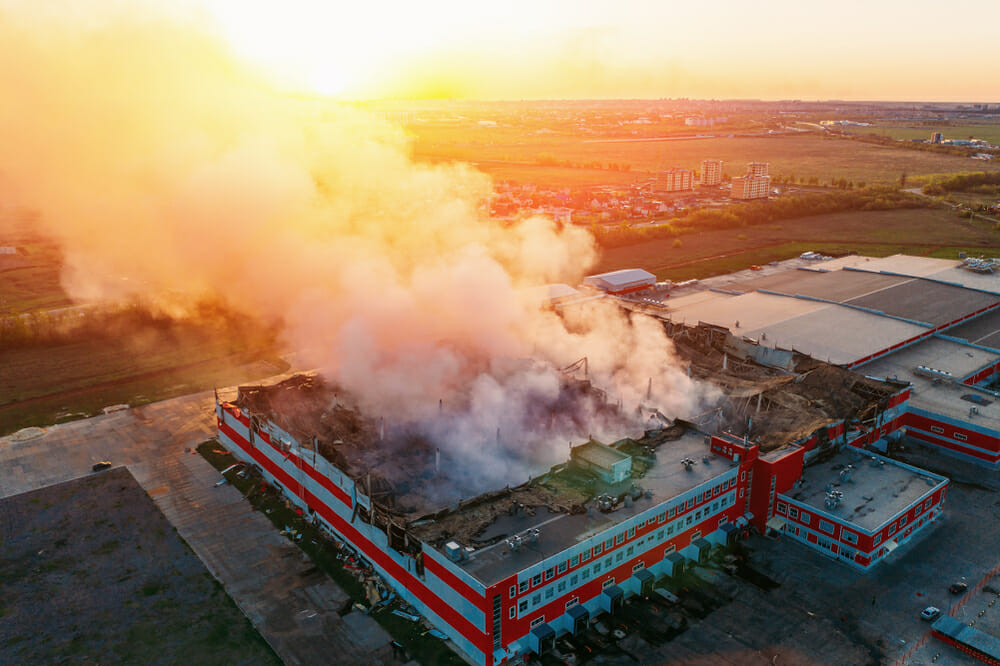Understanding Multi-Family Property Insurance
Multi-family property insurance is a specialized type of coverage designed to safeguard multi-unit residential buildings, such as apartment complexes, condominiums, and townhouses. These policies offer coverage for potential property damage or liability that may occur within the premises, essentially protecting property owners, landlords and property managers from potential financial losses or legal disputes that may arise.
But particularly in a state like Texas, where weather-related disasters like hail storms, hurricanes, and tornadoes are a common threat to property, dealing with multi-family property insurance claims can be a complex process with numerous challenges to navigate. To help property owners and managers make sense of this, Insurance Claim Recovery Support, a top-rated public adjuster in Texas, shares some critical insights.
Common Challenges With Multi-Family Property Insurance Claims
Insurance claims involving multi-family properties can become quite complex due to the level of detail required and the large number of stakeholders involved. Here are some of the most common challenges:
Assessing the Damage Accurately
A crucial step in filing an insurance claim is ensuring an accurate and thorough damage assessment. With multi-family properties, the scale of the potential damage can be immense. Making sure every bit of damage is accounted for – from structural damage to individual units to common areas – is key to ensuring a favorable claim outcome.
Multiple Stakeholders
Unlike single-family homes where one homeowner needs to be satisfied, multi-family properties usually have multiple stakeholders – including property owners, management companies, residents and the insurance company – all of which need to be on the same page. Bridging different interests and communication gaps can become one of the greatest challenges in navigating multi-family property insurance claims.
Navigating Insurance Policies
Interpreting policy terms and understanding what is covered and what is not can be a difficult task. It’s not uncommon for policyholders to realize they are underinsured or that certain damages — such as flood or mold damage — aren’t covered under their standard policy after a disaster hits.
Insurance Claim Recovery Support at Your Service
Given these challenges, it’s crucial to enlist experts like the team at Insurance Claim Recovery Support. With a deep understanding of multi-family property insurance, our team of public adjusters helps bridge the gap between property owners or managers and the insurance company.
We not only offer a comprehensive damage assessment to accurately document all the damages but also review the insurance policy in detail to maximize the insurance claim. With extensive experience in managing multi-family property insurance claims, we provide a strategic plan, grounded in thorough research and documentation, to present our client’s case in the best possible light.
The Value of a Public Adjuster in Multi-Family Property Insurance Claims
The role of a public adjuster becomes crucial in the successful settlement of multi-family property insurance claims. Unlike the insurance company’s adjuster, a public adjuster works solely on behalf of the policyholder, with their best interests always in the forefront.
The value that a public adjuster like Insurance Claim Recovery Support brings to the claims process for multi-family properties is invaluable. Our goal is to make the process as smooth as possible, from assessing the damages and interpreting the policy terms to negotiating with the insurance company and getting the claim settled to the maximum potential amount.
In conclusion, dealing with multi-family property insurance claims may seem like a daunting task. Trusting a top-rated public adjuster like Insurance Claim Recovery Support not only removes the guesswork from the process but also ensures you’ll get the maximum payout from your claim. With an expert by your side, you can focus on restoring your property and getting back to business as usual.







